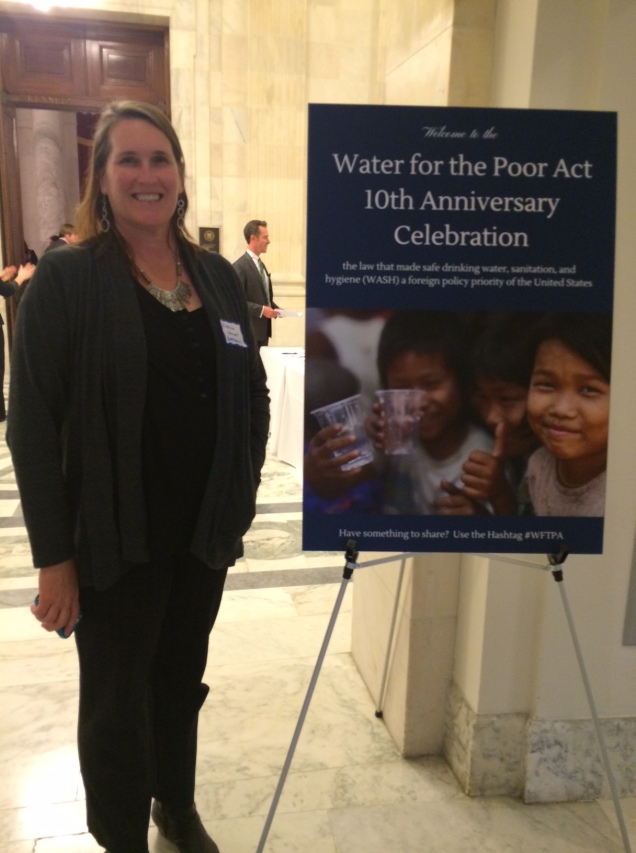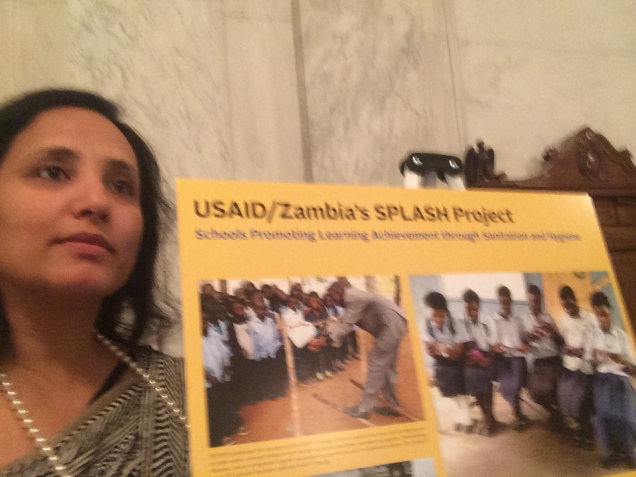More than 1 billion people worldwide suffer from one or more painful, debilitating tropical diseases that disproportionately impact poor and rural populations, cause severe sickness and disability, compromise mental and physical development, contribute to childhood malnutrition, reduce school enrollment, and hinder economic productivity. Three of these diseases are directly linked to water, sanitation, and hygiene practices.
WASHplus designed and implemented a model integrated WASH-NTD program that was tested as a small pilot effort in Burkina Faso from 2015–2016. The objectives in Burkina Faso were to:
1. Promote coordination within government among sectors related to WASH-NTD integration
2. Develop a comprehensive implementation activity in several villages in one district
3. Share experience and lessons learned with other partners who may be able to advance or further develop this activity
4. Provide a toolkit for Burkina Faso and global partners to use
This toolkit is the result of the WASHplus project in Burkina Faso and has the following components.
- WASH-NTD_Program_Model_Overview
- WASH-NTDs Presentations
- Guide for Engaging Participants
- Counseling Cards
- English
- French
- Gulmachema
- Radio Scripts
- Baseline Indicators (WASH-NTD_Indicators)
- Baseline Questionnaire
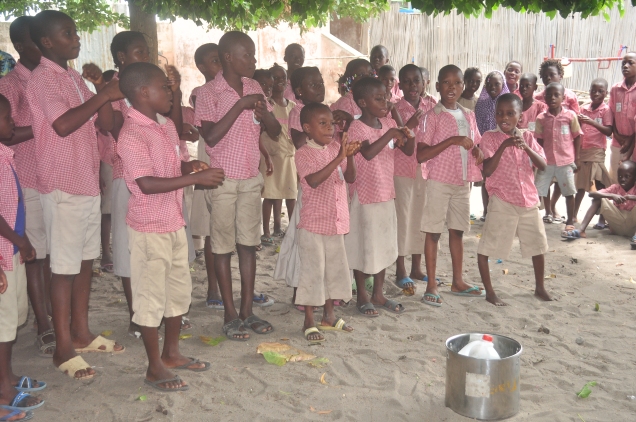
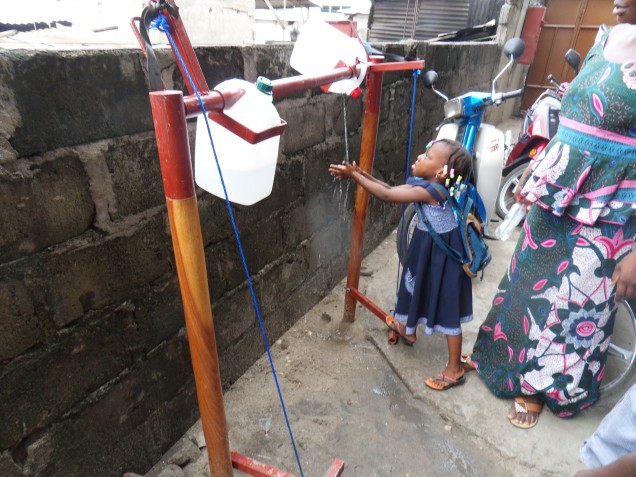
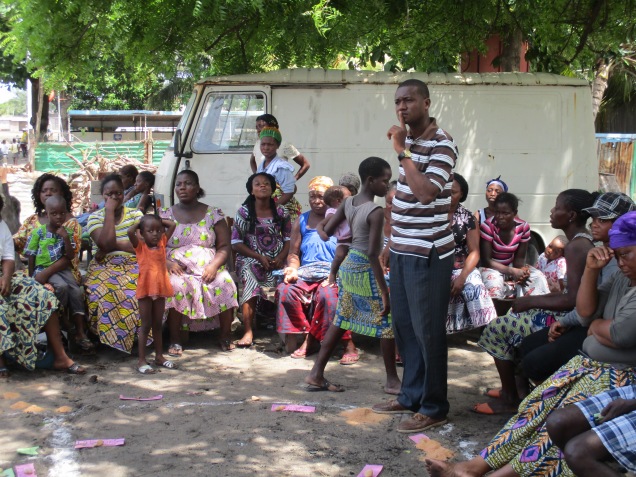
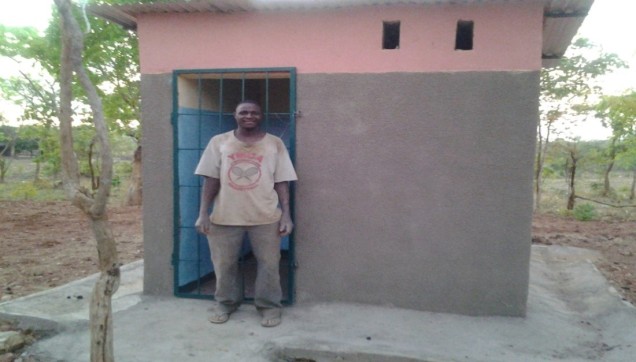
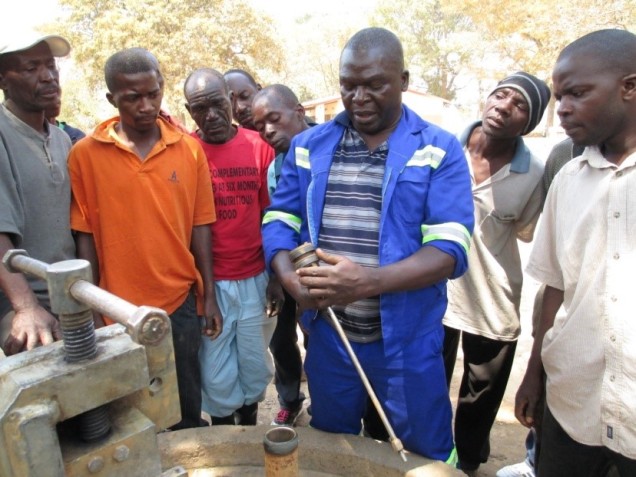
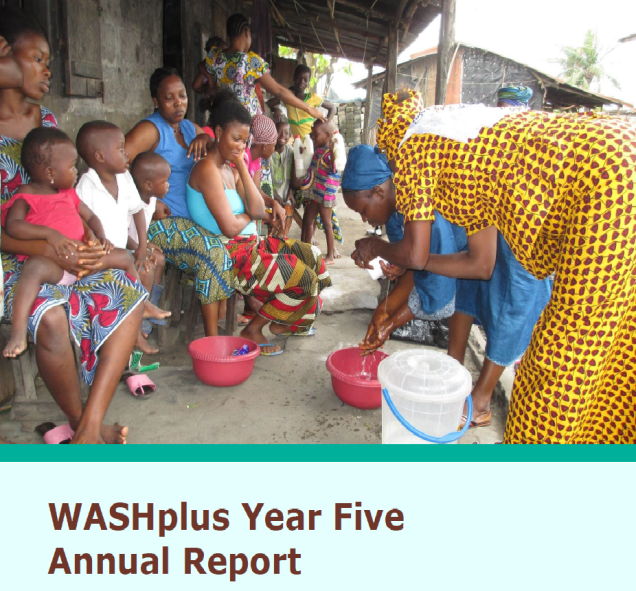

 The second in the WASHplus series of learning briefs, “Small Doable Actions: A Feasible Approach to Behavior Change,” takes a look at how WASHplus has applied the Small Doable Action approach to handwashing, water treatment, improved sanitation, menstrual hygiene management, and food hygiene. Read the brief
The second in the WASHplus series of learning briefs, “Small Doable Actions: A Feasible Approach to Behavior Change,” takes a look at how WASHplus has applied the Small Doable Action approach to handwashing, water treatment, improved sanitation, menstrual hygiene management, and food hygiene. Read the brief  In its newest learning brief, “CLTS-Plus: Value-Added Sanitation Programming,” WASHplus describes how it incorporated additional elements into the innovative community-led total sanitation approach and customized its application to different countries and circumstances. Read the brief
In its newest learning brief, “CLTS-Plus: Value-Added Sanitation Programming,” WASHplus describes how it incorporated additional elements into the innovative community-led total sanitation approach and customized its application to different countries and circumstances. Read the brief 

